
Sophie Wilmés, the former Prime Minister of Belgium and current Vice President of the European Parliament, has stated that Slovakia may be on a path to become ‘the next Hungary’ while presenting the EP’s civil liberties committee report, according to news by POLITICO.
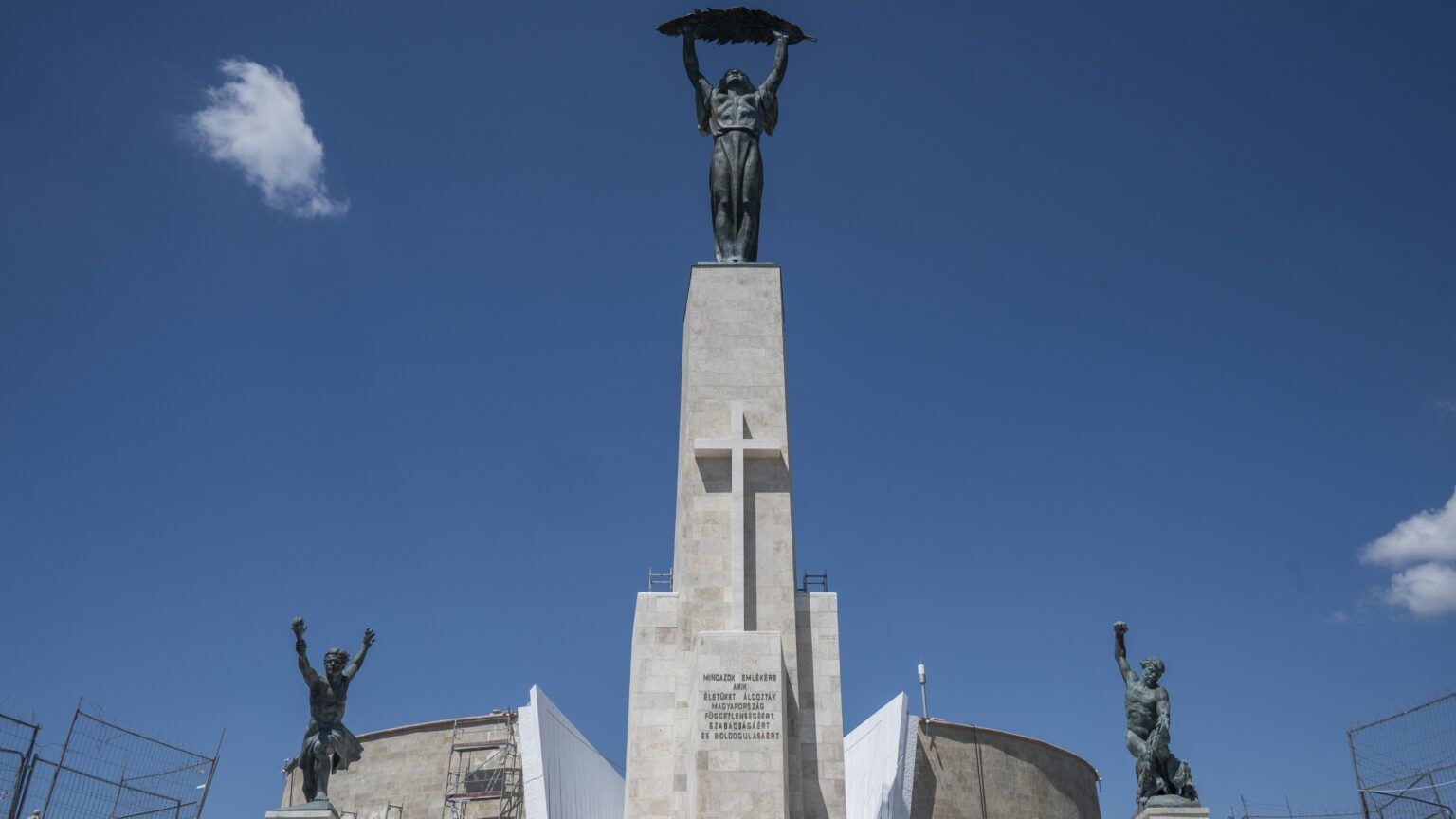
The renovation of Budapest’s Liberty Statue and Citadel, set for completion in spring 2026, has ignited a heated debate. At the centre: a cross placed at the statue’s base, raising questions about historical integrity, symbolism, and political intent.
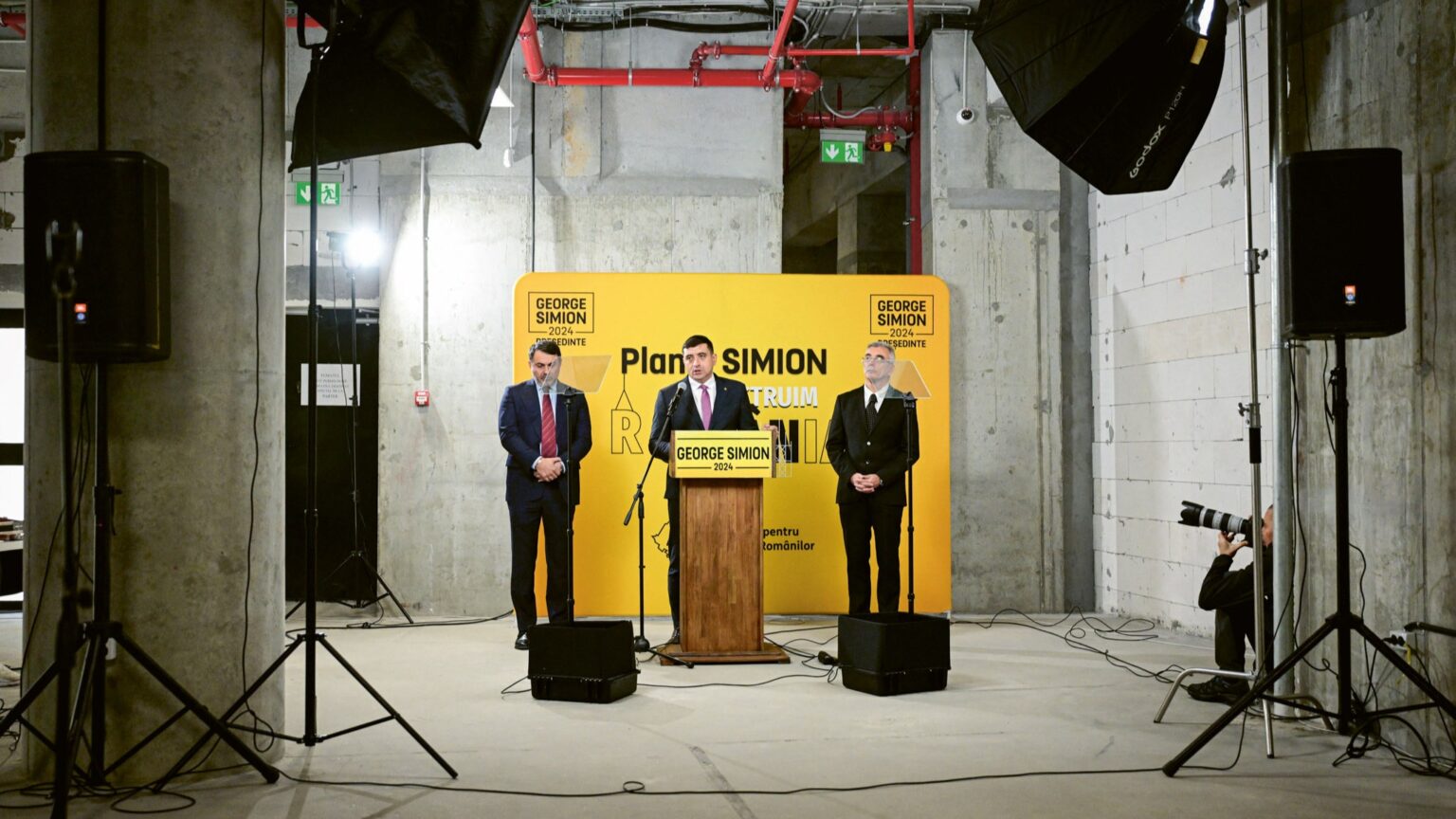
‘For the Hungarian minority in Romania, Dan’s victory represents a clear political win—particularly given the decisive role the community played in securing it…His proposal to include the Democratic Alliance of Hungarians in Romania (UDMR) in the governing coalition has further reinforced a sense of security among Hungarian voters.’
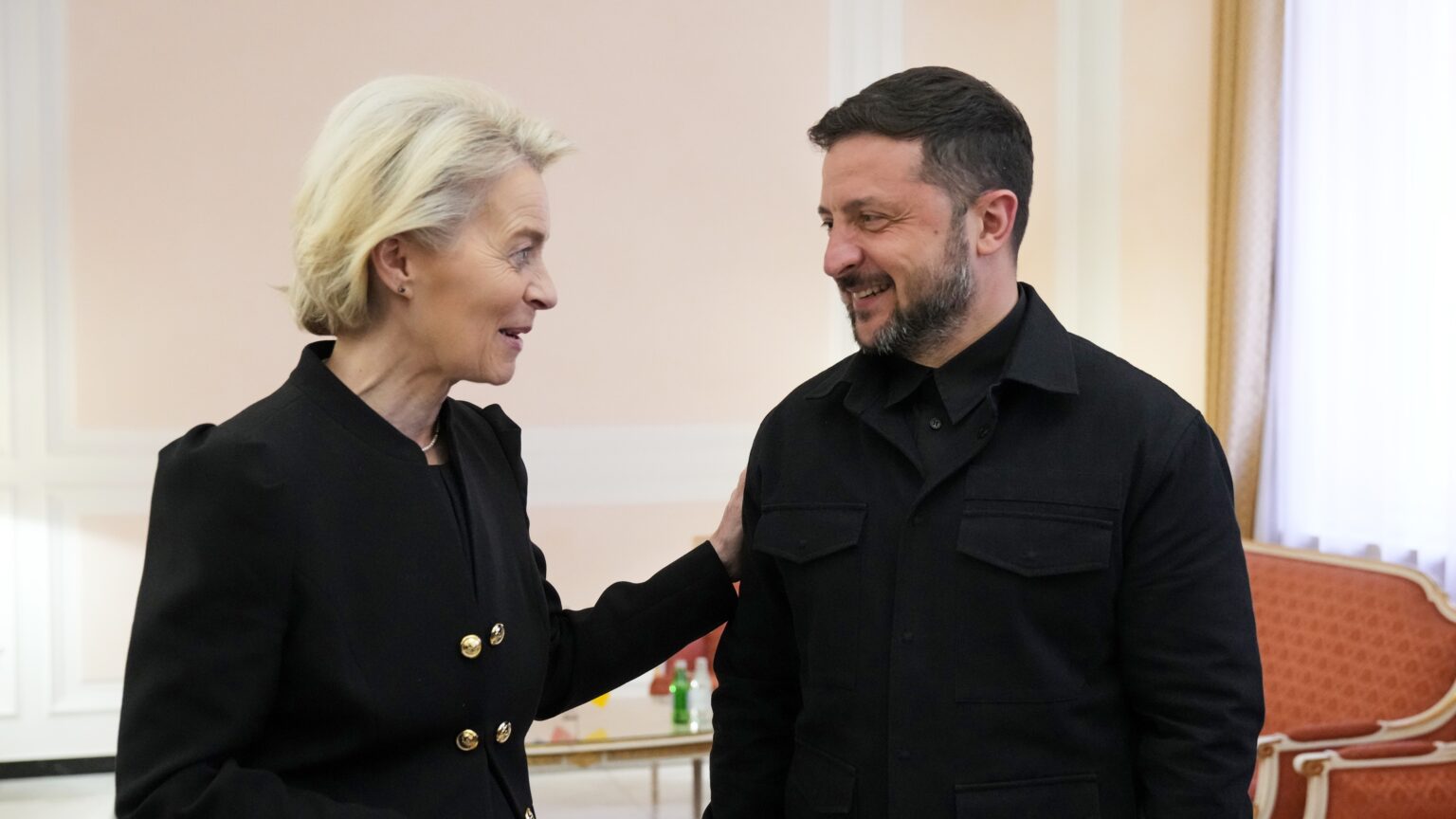
Ursula von der Leyen reaffirmed strong EU support for Ukraine’s war effort and reconstruction, prompting criticism from Hungary’s political director, who accused Hungarian opposition parties of backing foreign interests over national ones.
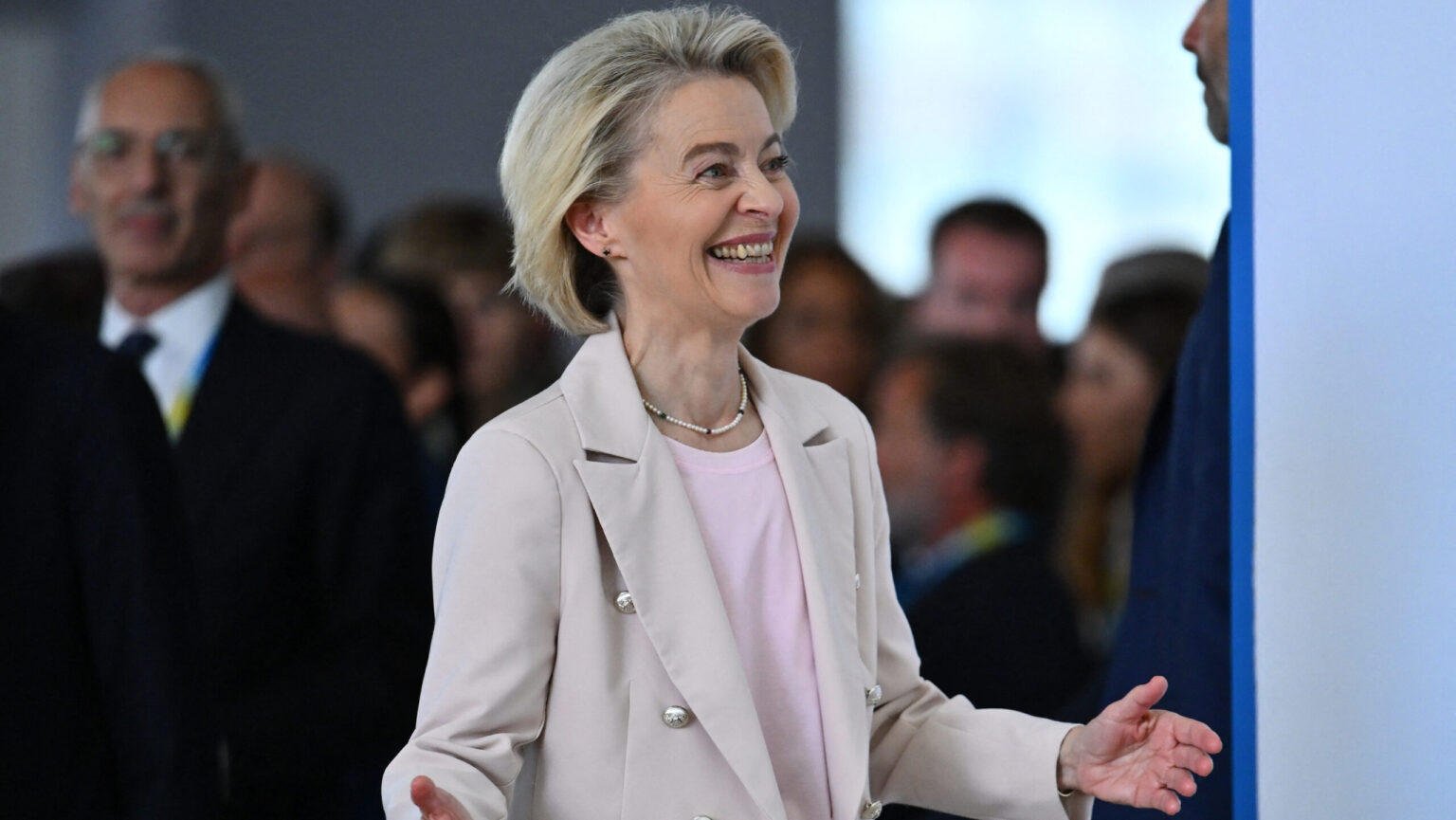
European Commission President Ursula von der Leyen survived a vote of no confidence on Thursday after making significant concessions to left-wing political groups in the European Parliament. Despite the failure of the vote, von der Leyen’s reputation has been seriously damaged, and her hold on power now depends entirely on the will of the left.

‘When Israeli cities burned and much of Europe hid behind legalese, it was Serbia loading pallets of 155 mm shells, the Czech Republic dispatching armour plates, and Hungary vetoing hostile resolutions and defending Israel on the world stage. They may not be Europe’s largest economies or loudest voices, but they acted decisively when it mattered most. ‘

‘A well-integrated continental energy market can enhance efficiency, reduce costs, and ensure supply security across borders. Imagine a Europe where surplus solar energy from Spain powers German industry in summer…This is not only desirable—it is feasible. But integration must never be mistaken for dependency. True sovereignty—political, technological, and economic—requires energy sovereignty.’

Hungarian political director Balázs Orbán rebuked Ukraine’s deputy PM, stressing that EU accession is not automatic and requires unanimous approval—responding to Kyiv’s claim that Hungary cannot block the start of membership talks.
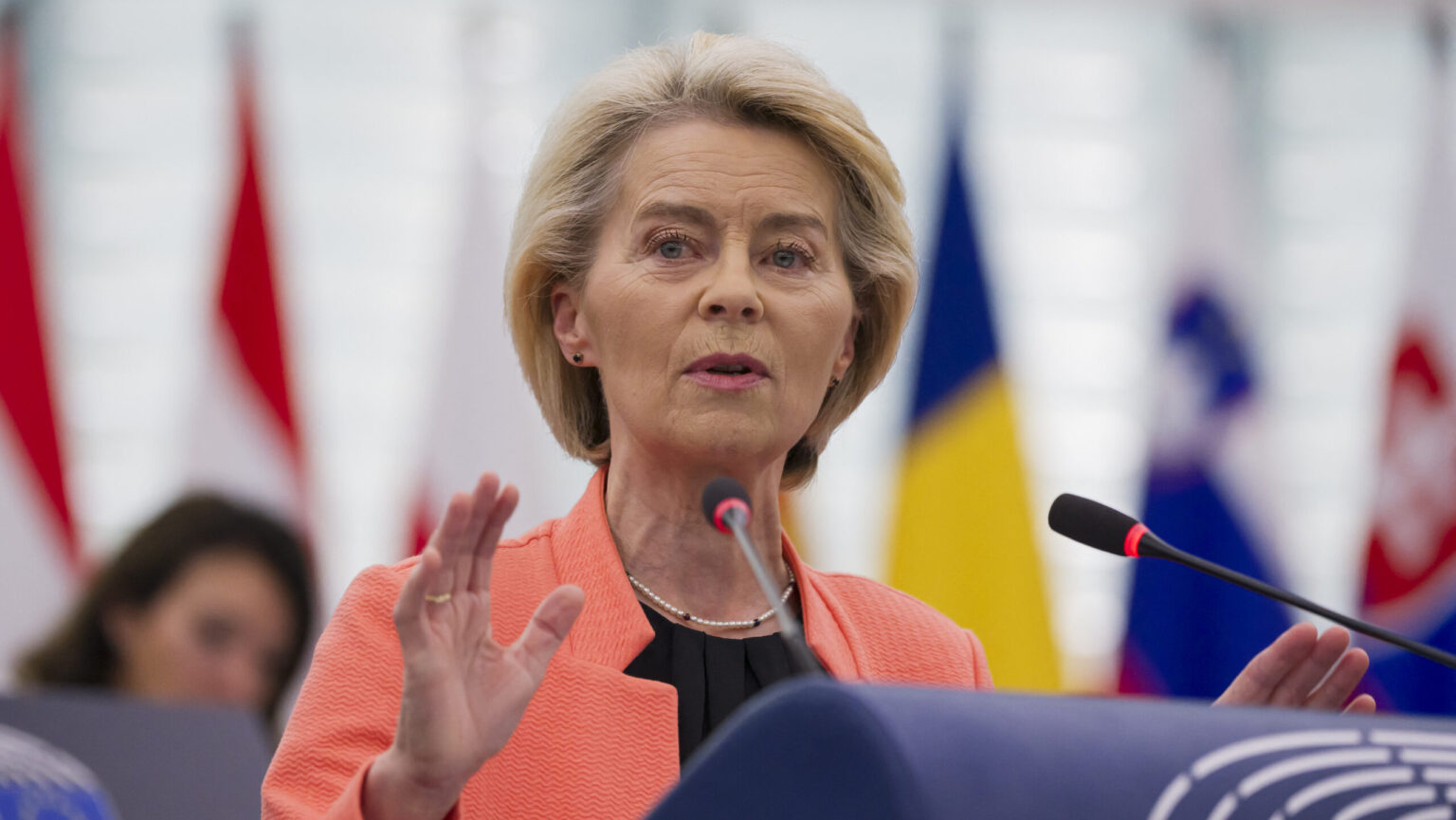
European Commission President Ursula von der Leyen used her speech during Monday’s motion of censure debate not to take accountability for Pfizergate, but instead to frame her political opponents as ‘Putin apologists’ and ‘conspiracy theorists’. The debate laid bare everything that is wrong with EU leadership and the lack of accountability among unelected bureaucrats.
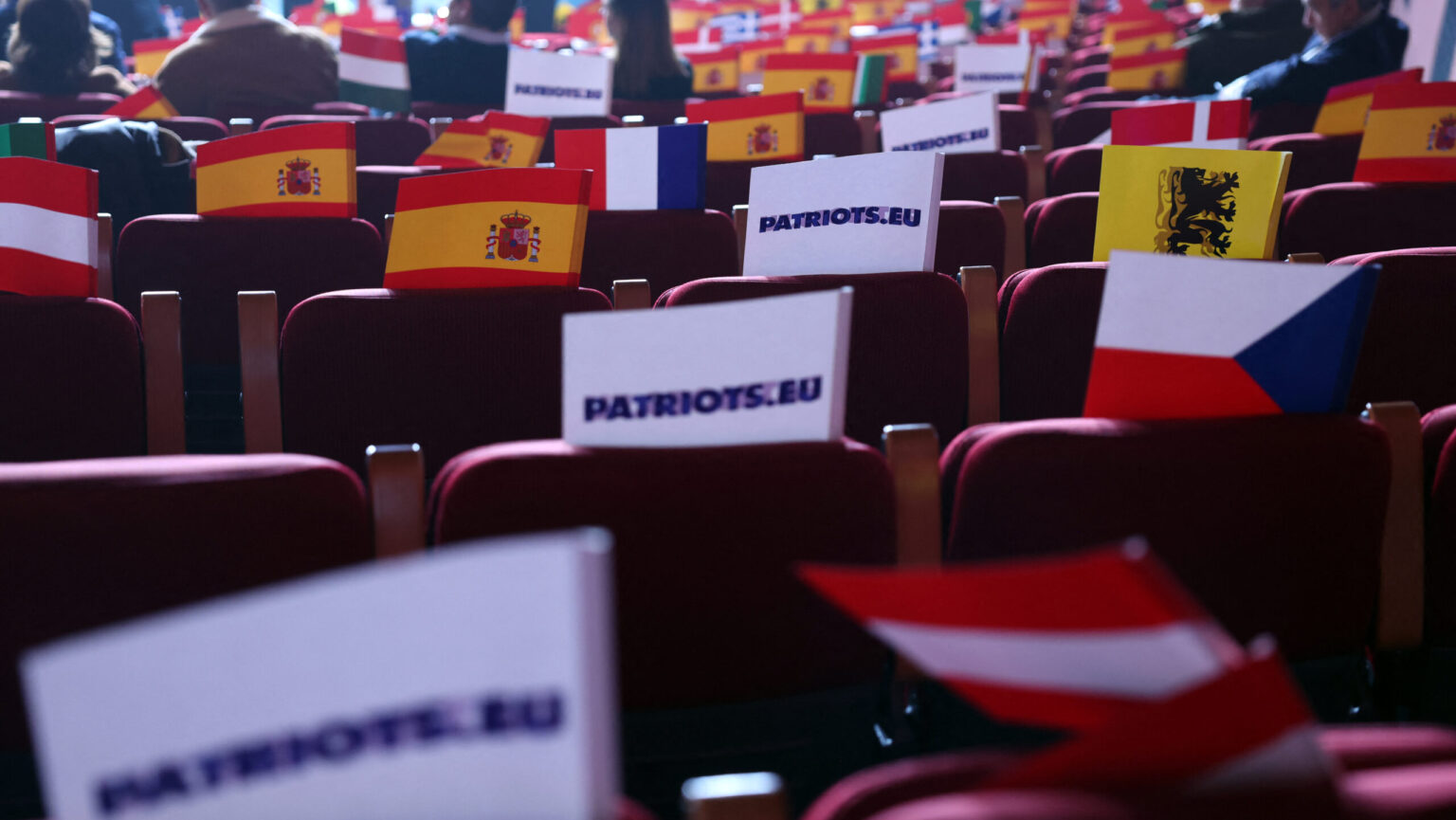
The right-wing political group Patriots for Europe (PfE) will lead negotiations on the EU’s 2040 climate target in the European Parliament. PfE’s rapporteurship is a significant blow to progressive-green forces who have been pushing their aggressive and flawed agenda in recent years, and it represents a clear victory for ordinary European people.
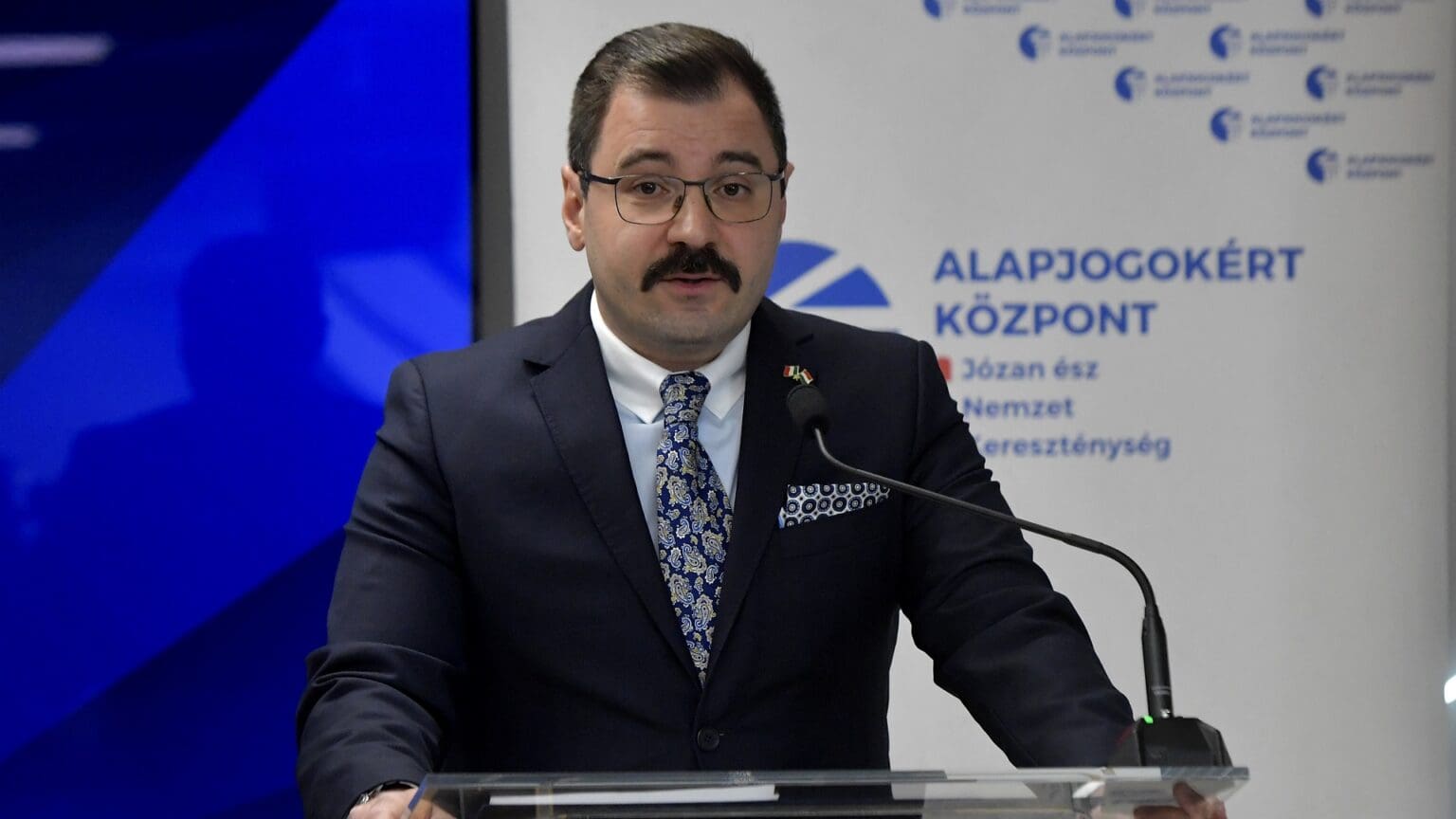
Miklós Szánthó, head of the Center for Fundamental Rights, claims Hungary’s right-wing government is under coordinated attack from a globalist elite that sees the 2026 elections as crucial for pushing Ukraine’s EU accession and centralizing power in Brussels.
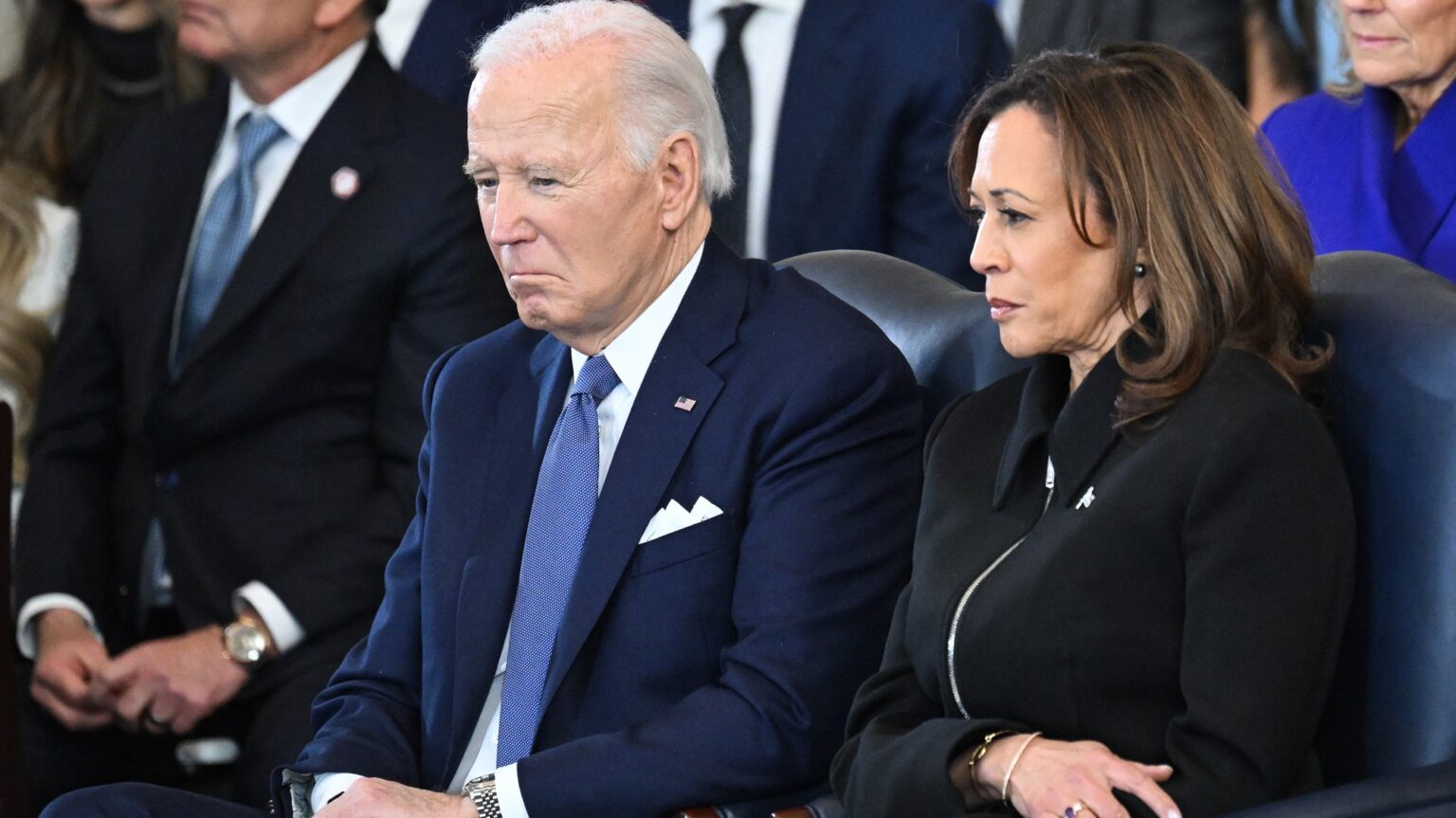
On 4 July, former US Vice President Kamala Harris posted a celebratory photo on X of herself and her husband watching some fireworks—only for users to discover that she had cropped out President Joe Biden and First Lady Jill Biden from the original picture. What’s behind the awkward move?
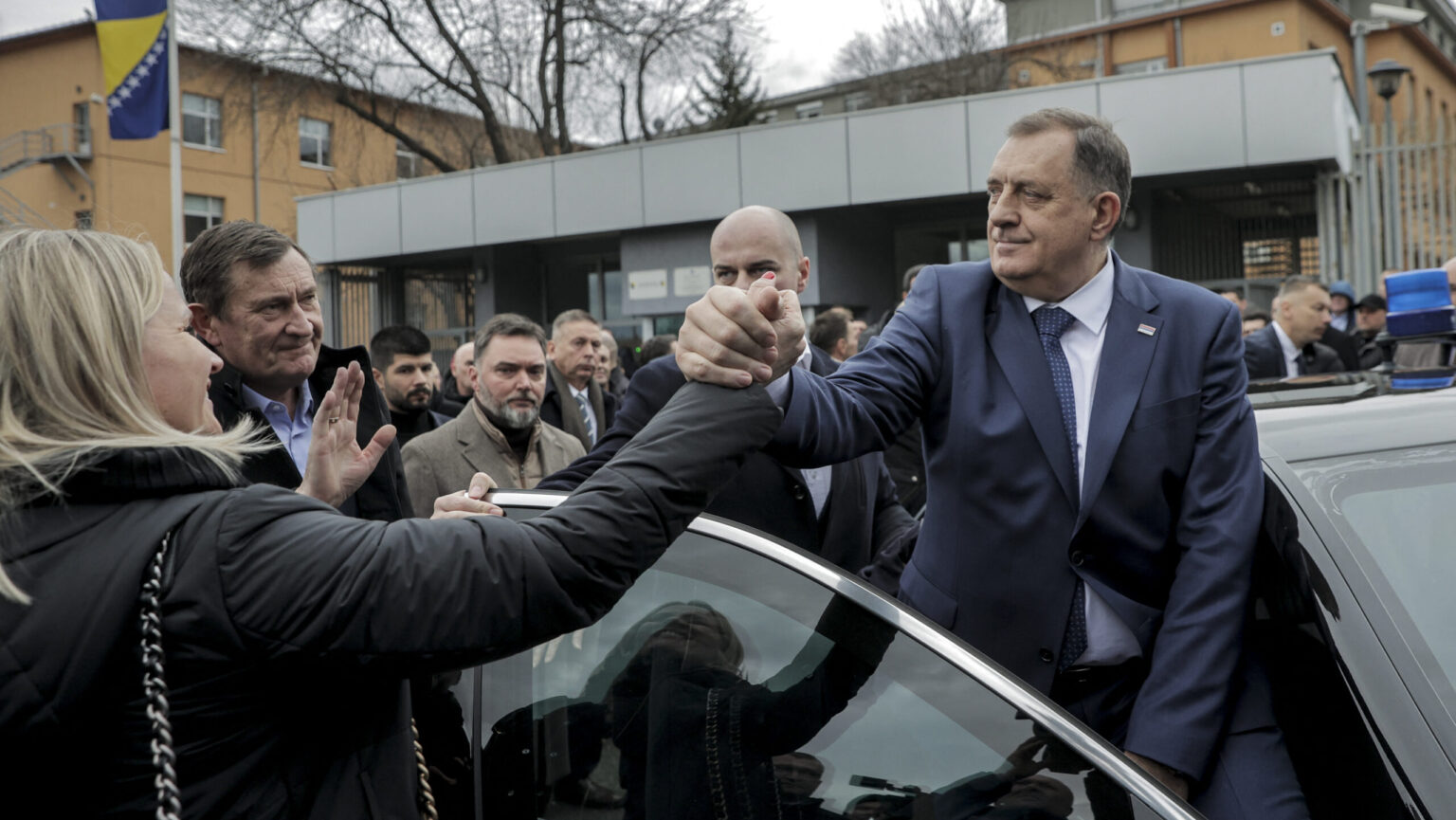
The Court of Bosnia and Herzegovina has lifted both the federal and international arrest warrants issued against Republika Srpska President Milorad Dodik in March. The decision, a significant development in the years-long struggle between federal institutions and Dodik, has been interpreted very differently across the Balkan state.
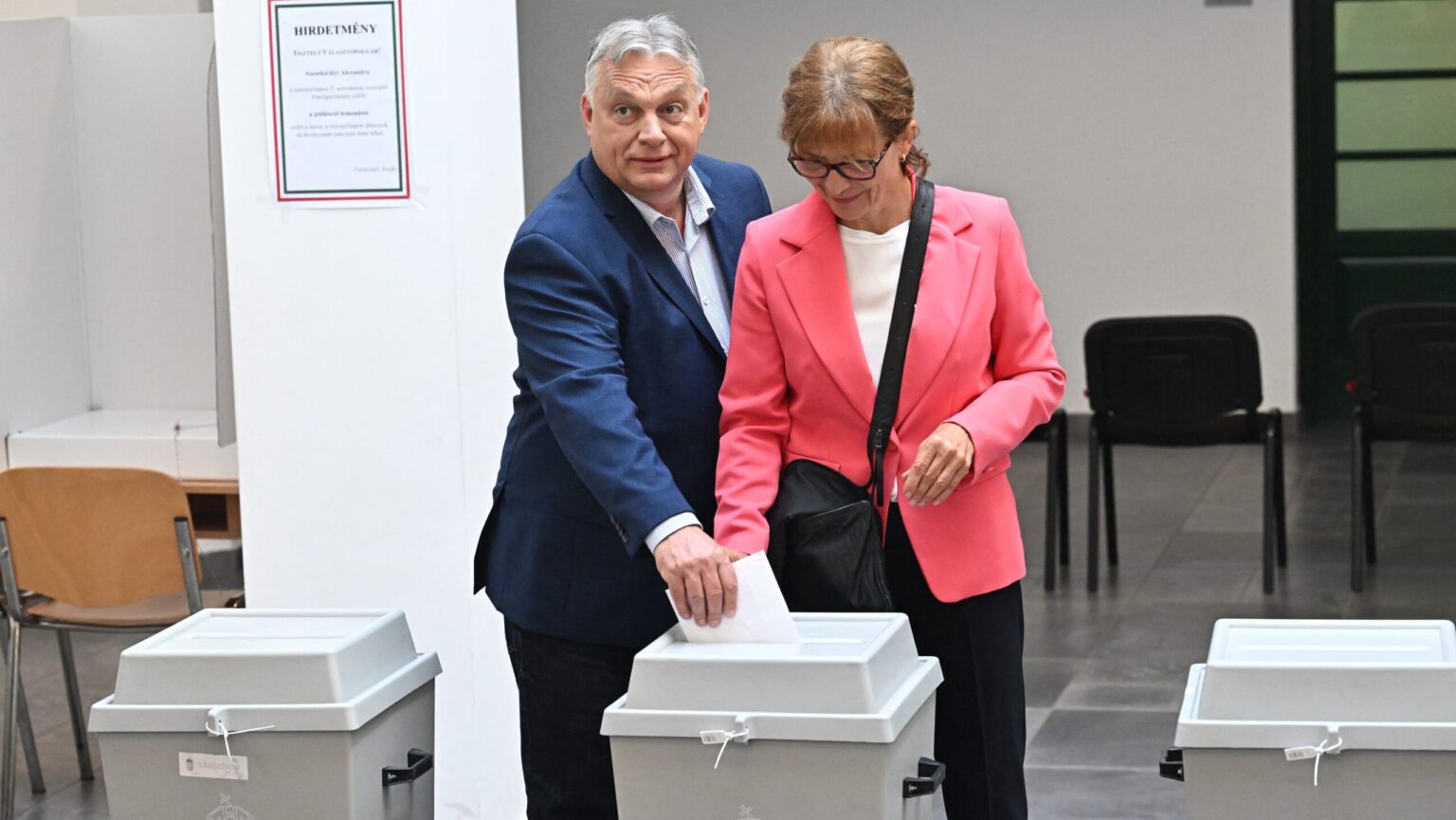
Despite the Hungarian opposition party Respect and Freedom (Tisza) leading in several polls, government-critical political analyst Gábor Török has predicted a narrow victory for Prime Minister Viktor Orbán and his party in 2026.
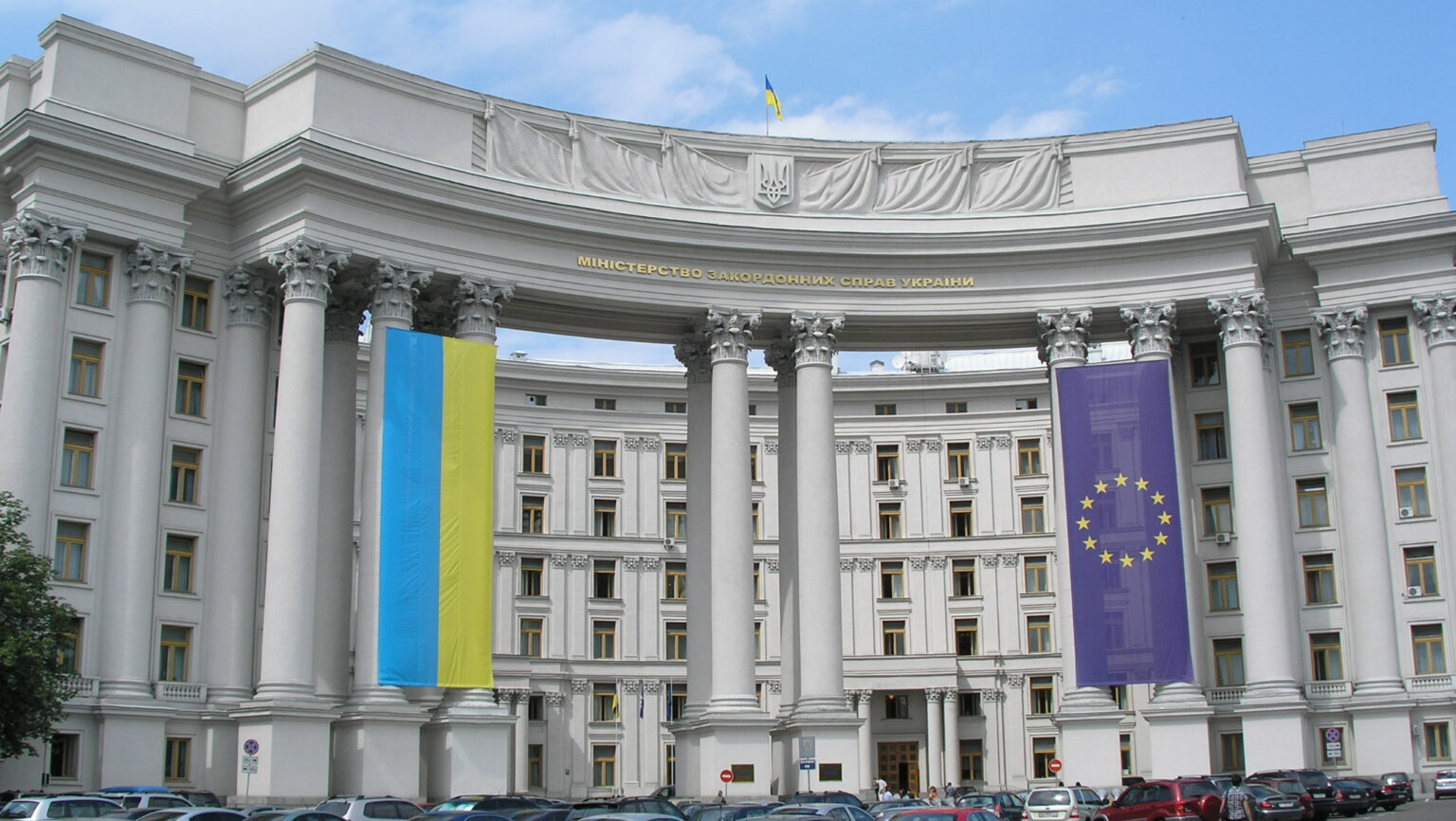
In the latest sign of deteriorating relations, Ukraine’s Ministry of Foreign Affairs has summoned Hungarian Ambassador to Kyiv Antal Hejzer in response to an advertising campaign portraying Hungarian opposition leader Péter Magyar as the ‘Hungarian Zelenskyy’. Ukraine’s EU accession is increasingly becoming a central topic in the electoral campaign for Hungary’s 2026 parliamentary election.

Prime Minister Viktor Orbán voiced strong opposition to Ukraine’s EU accession, warning it would cripple Hungary’s economy. In a radio interview, he criticized Brussels’ pressure and emphasized the government’s commitment to protecting Hungarian interests.
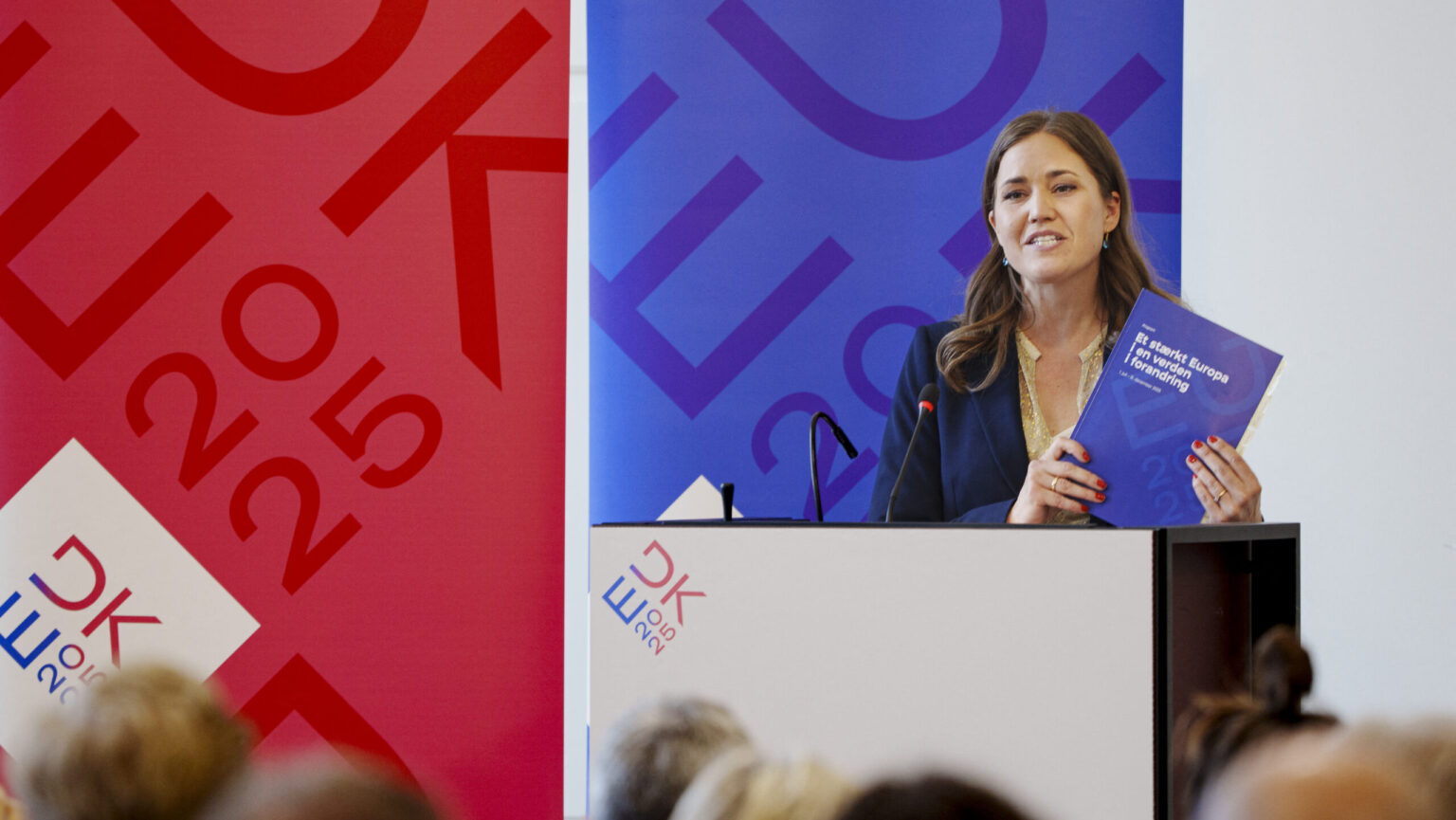
Taking over the rotating presidency of the Council of the European Union, Denmark has promised to exert maximum pressure on Hungary to lift its veto on Ukraine’s EU accession. However, looking back over recent years, there have been several similar threats against Viktor Orbán’s government, and Copenhagen does not have anything new to bring to the table either.
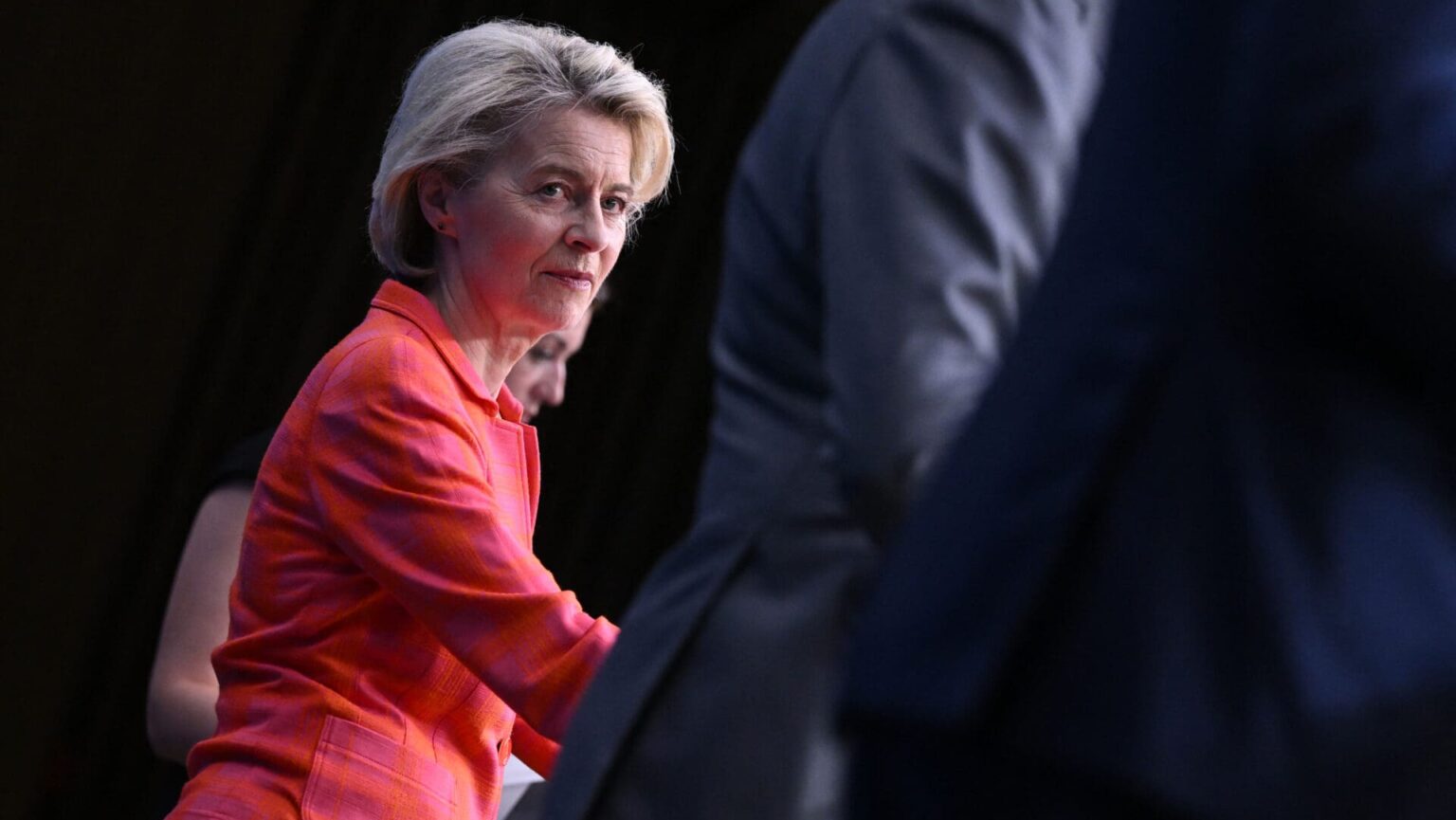
The European Parliament will debate and vote next week on a no-confidence motion against European Commission President Ursula von der Leyen, triggered by criticism over undisclosed vaccine-related messages with Pfizer’s CEO during the COVID-19 pandemic.
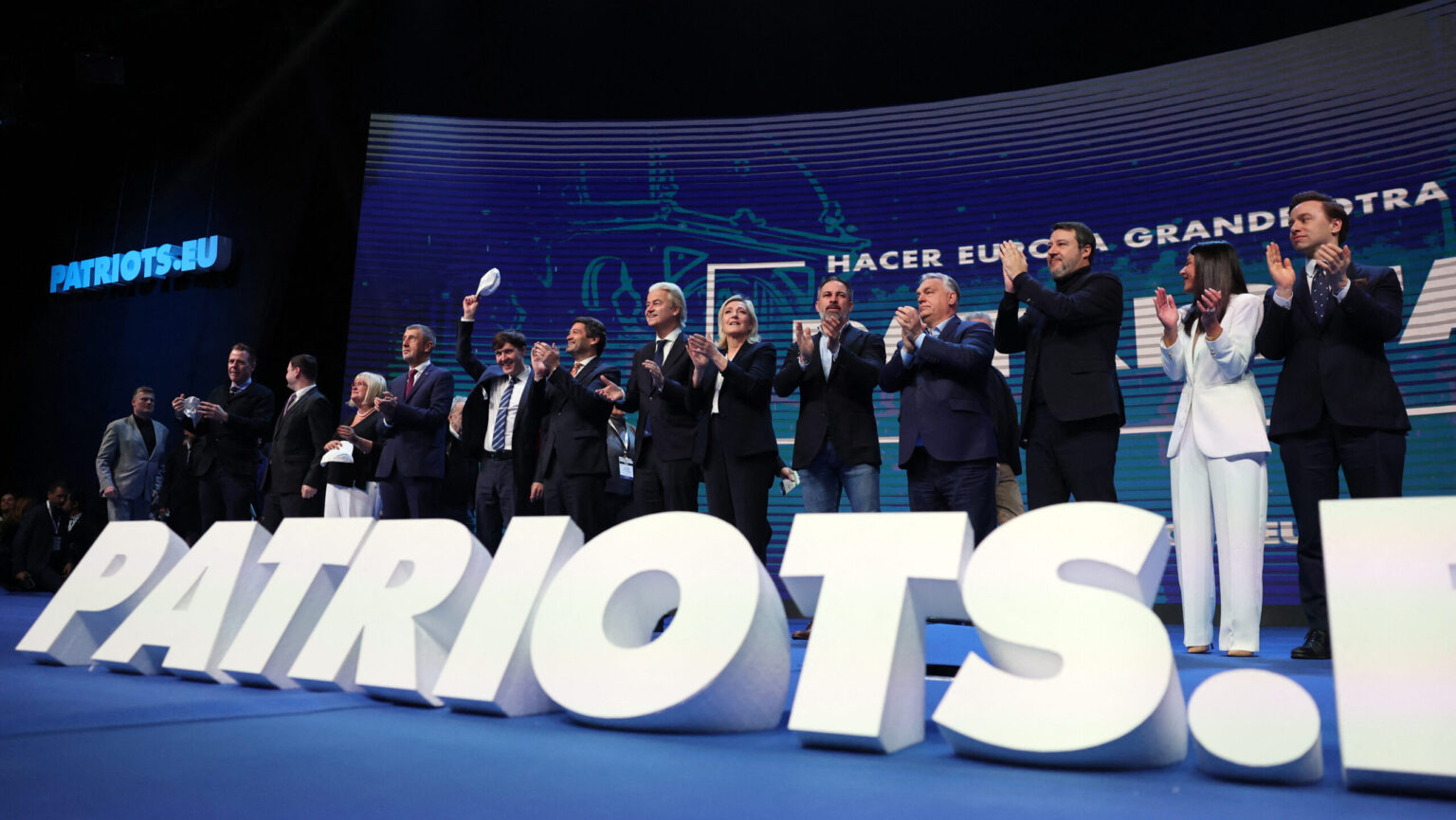
On 30 June 2024, Andrej Babiš, Herbert Kickl, and Viktor Orbán announced the establishment of a new political alliance called Patriots for Europe, which soon became the third-largest group in the European Parliament. In this article, we examine PfE’s first year and explore what lies ahead.

As of 1 July 2025, the US Agency for International Development (USAID) has ended all of its operations, with the remaining programmes continuing under the State Department’s oversight. Political Director to the Hungarian Prime Minister Balázs Orbán welcomed the decision, emphasizing its significance in reducing foreign interference against sovereignist governments.

Protests in Serbia have continued since November, sparked by a deadly infrastructure collapse and growing anger at President Vučić’s government. As the EU backs protesters and withholds aid, Hungary defends Vučić, denouncing the movement as a foreign-backed attempt to destabilize the region.
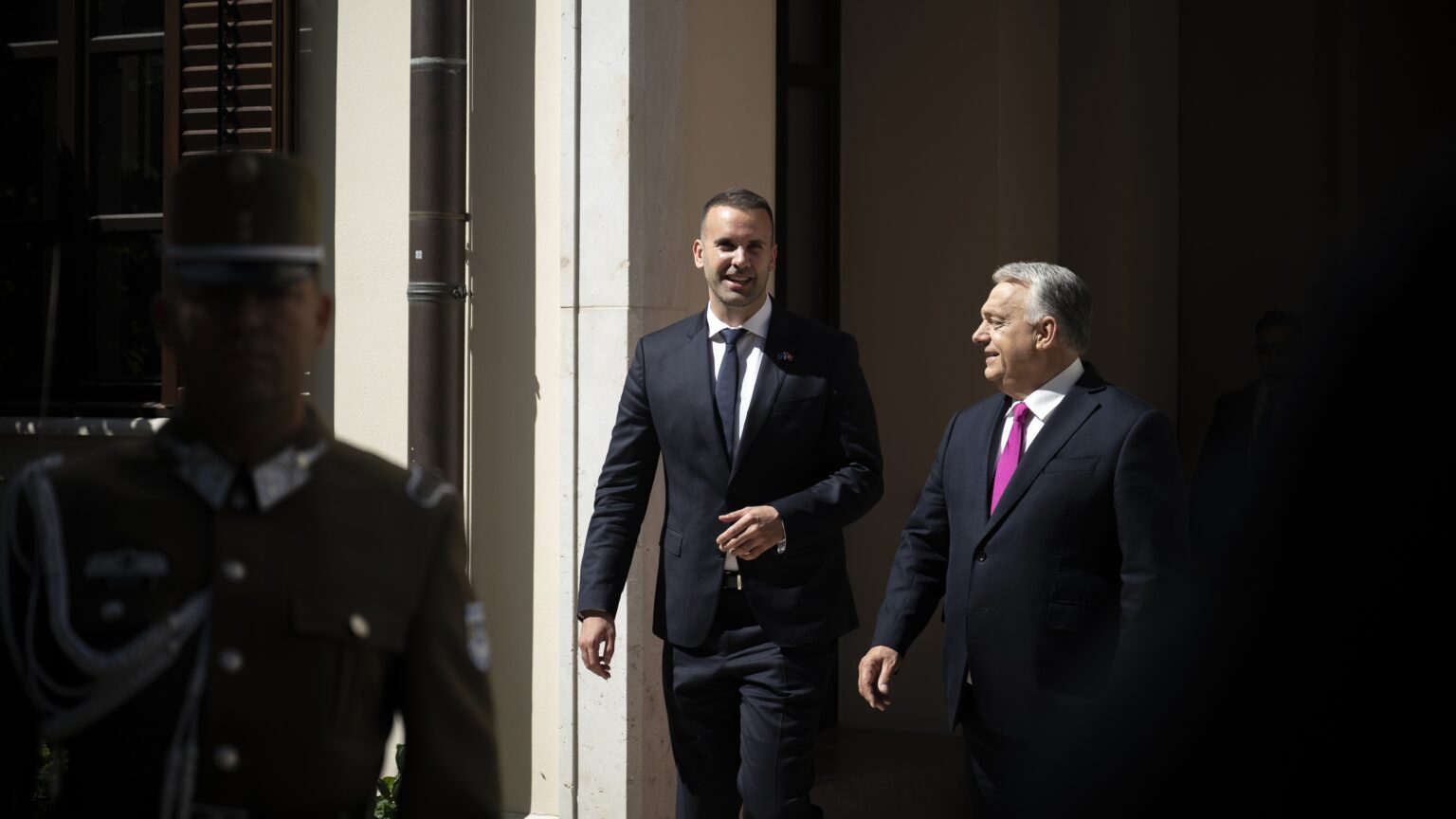
Hungarian Prime Minister Viktor Orbán called Montenegro a ‘key country’ and reaffirmed Hungary’s support for its EU membership. Meeting with Montenegrin PM Milojko Spajić in Budapest, the leaders signed cooperation agreements in infrastructure and telecoms.
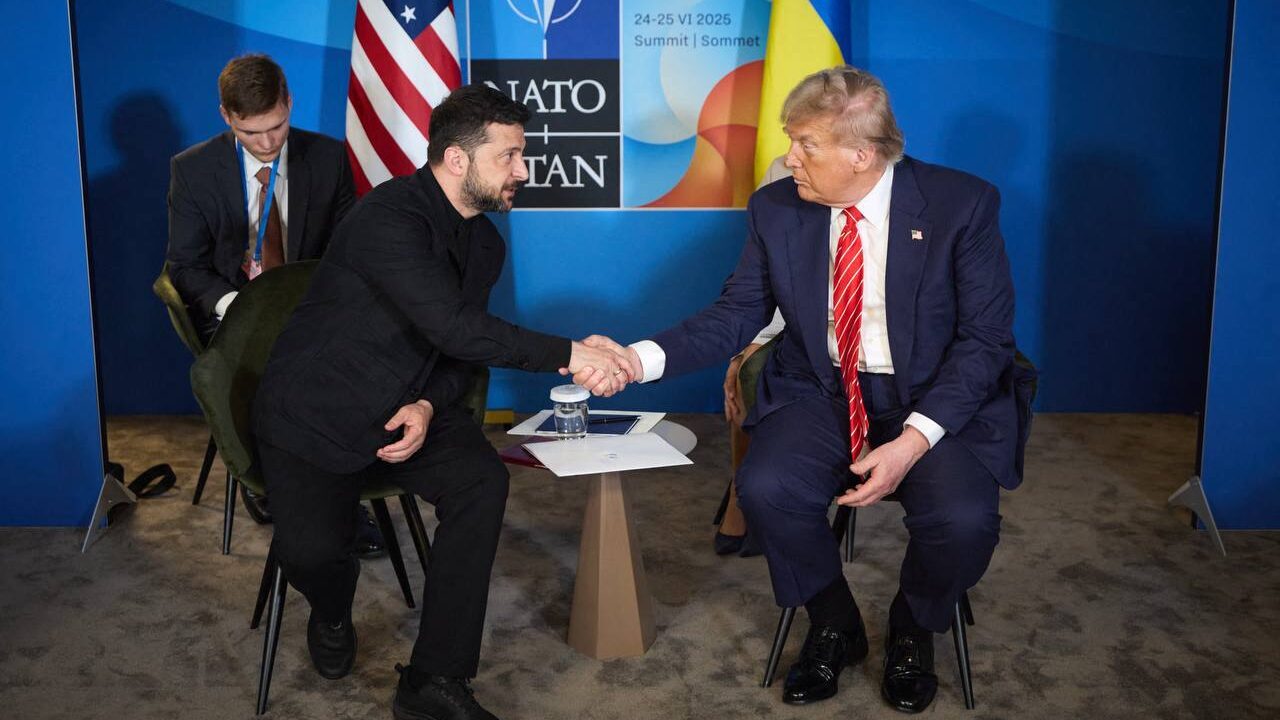
Russia’s capture of Shevchenko—site of a key lithium deposit—is alarming investors over the future of a US–Ukraine critical minerals deal. With further Russian advances, Donald Trump may face a tough choice: ramp up pressure on Moscow or risk the deal’s collapse.
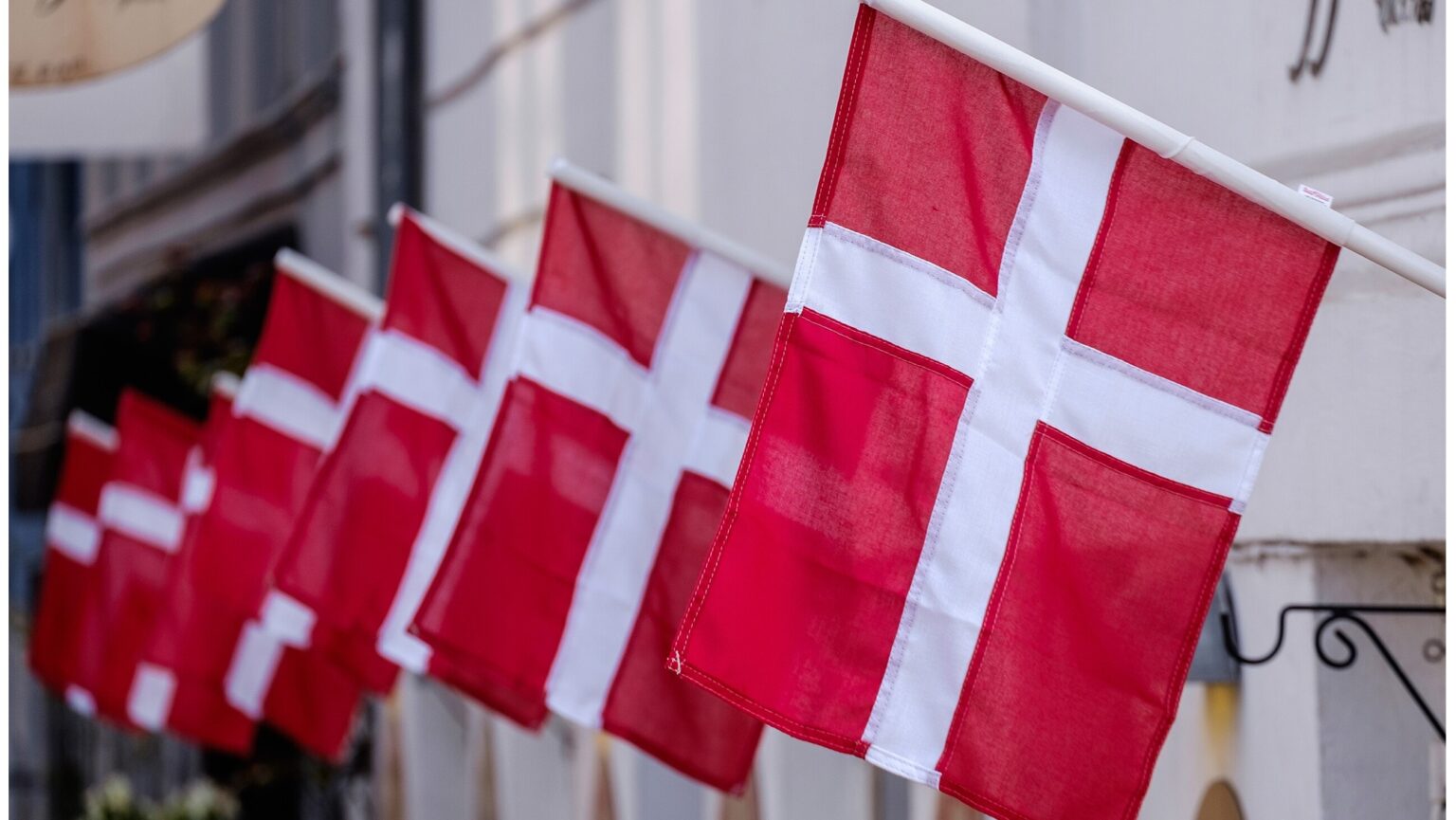
On 1 July, Denmark is assuming the rotating presidency of the Council of the EU. They will be carrying over European competitiveness as a major priority from the Hungarian presidency a year ago. However, on the issues of migration, Russian energy imports, and Ukraine’s EU accession, they are taking the exact opposite stances, as discussed on the Hungarian news channel Hír TV.
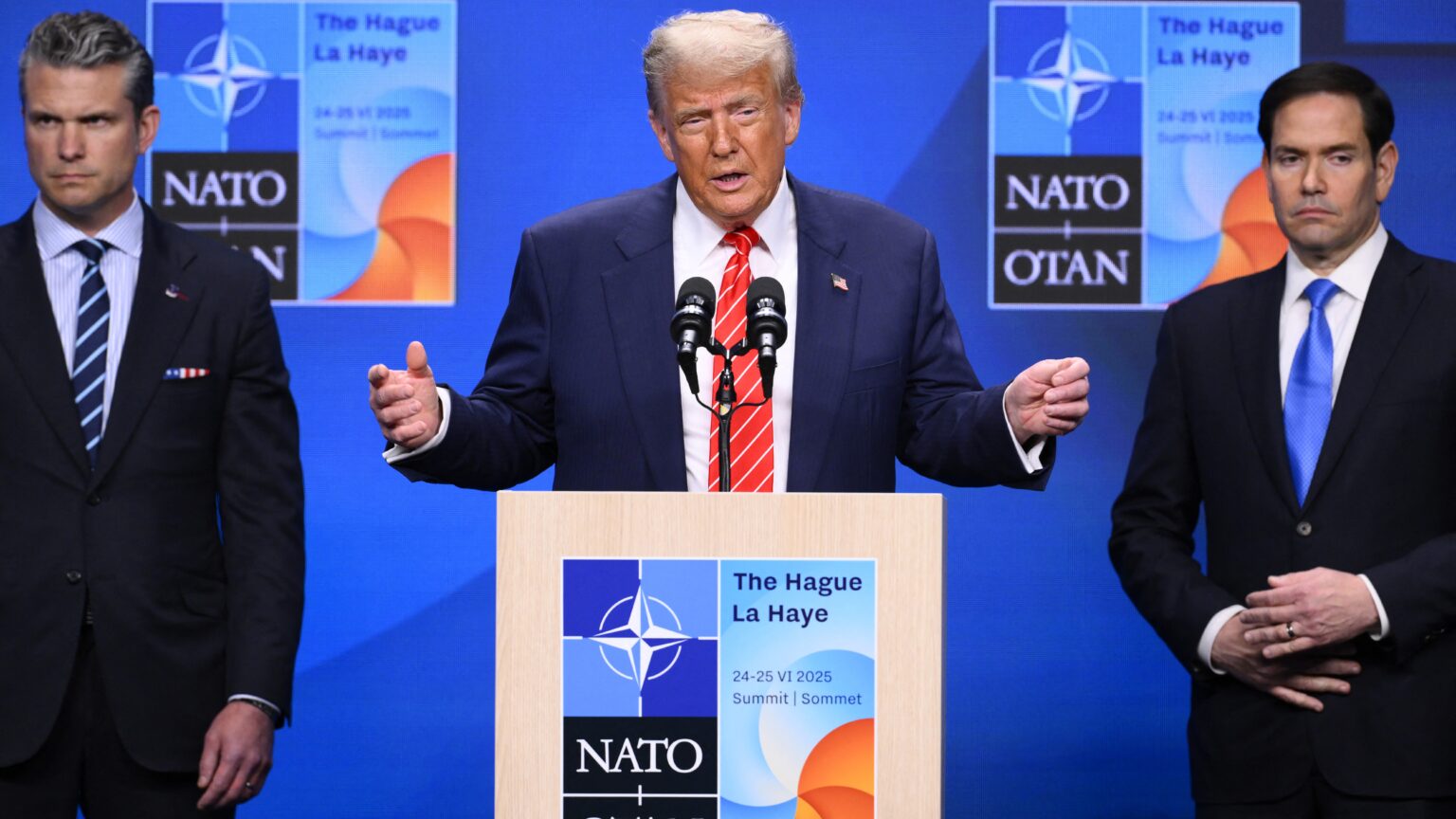
At the NATO summit in The Hague, leaders pledged record defence spending—5 per cent of GDP by 2035—marking the biggest shift since the Cold War. While Ukraine saw little progress toward membership, Donald Trump stole the spotlight with military success and strong support from allies, reshaping the summit’s focus toward core defence.
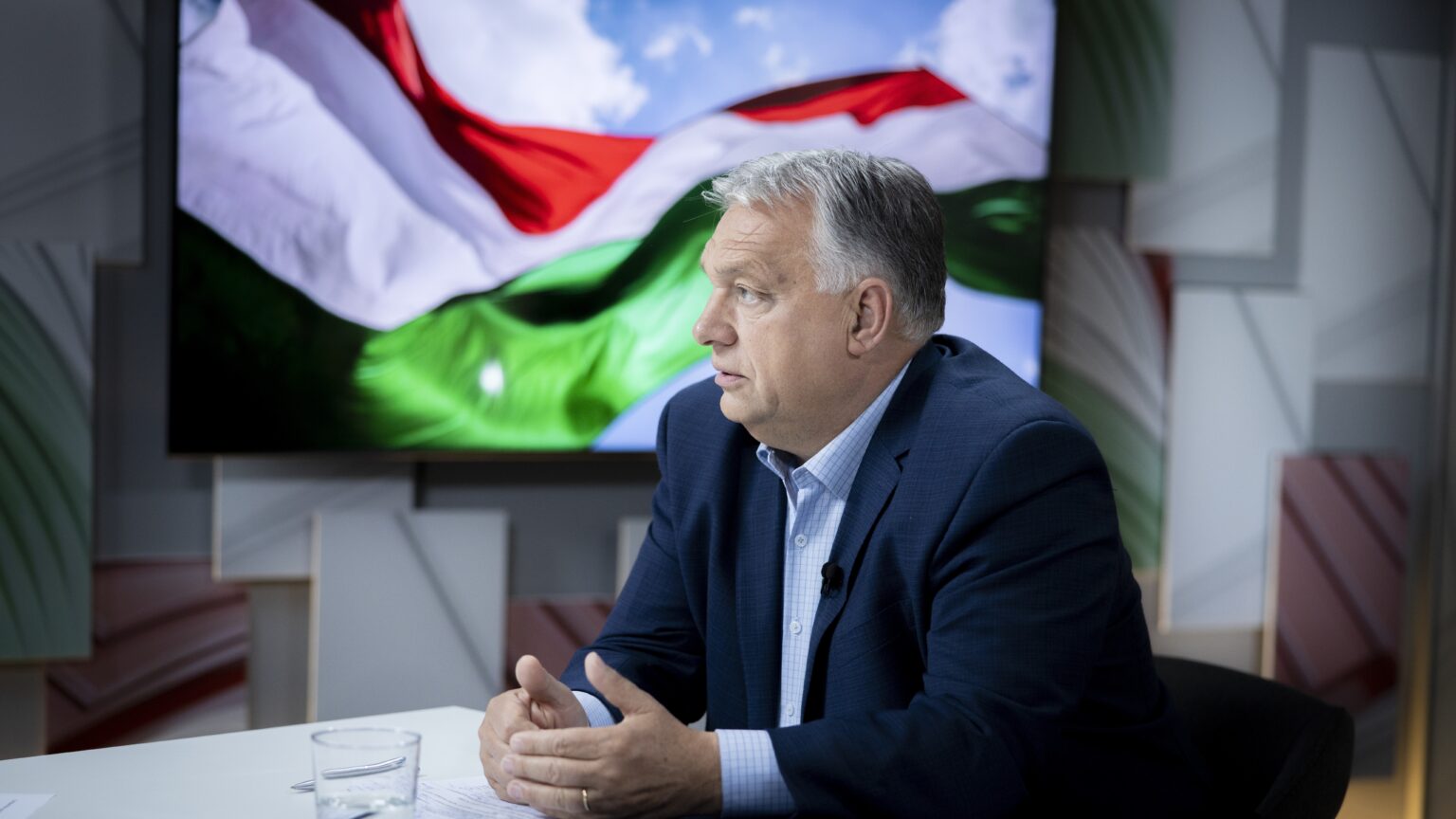
Hungarian Prime Minister Viktor Orbán declared that Hungary, backed by over two million votes in the ‘Voks 2025’ initiative, has blocked Ukraine’s EU accession. Speaking on Kossuth Radio, he also touched on migration, energy, the Pride march, and space policy.

33-year-old radical socialist Zohran Mamdani won the Democratic primary for the 2025 New York City mayoral election. Previously, he has publicly supported radial ideas such as defunding the police for ‘queer liberation,’ decriminalizing prostitution, and safe injection sites for drug addicts—the American political establishment on both sides is stunned.
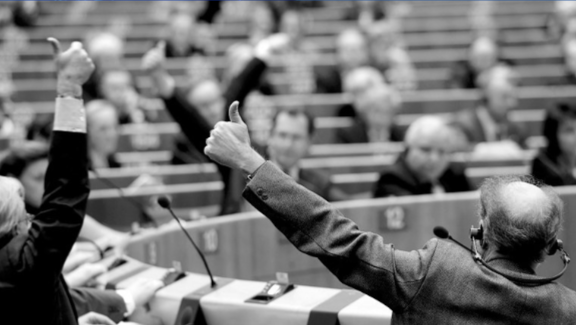
‘The big question for the future on the radical left is, therefore, whether the current split will, as the separatists intend, help the left find its place in European domestic politics. Or, on the contrary, is it just another step in the process of complete organizational fragmentation and becoming irrelevant?’

Despite Hungary’s legal ban on Pride events, Dutch MPs have backed a motion calling on Cabinet members to attend the Budapest march next month, raising concerns over political interference and disregard for national sovereignty.
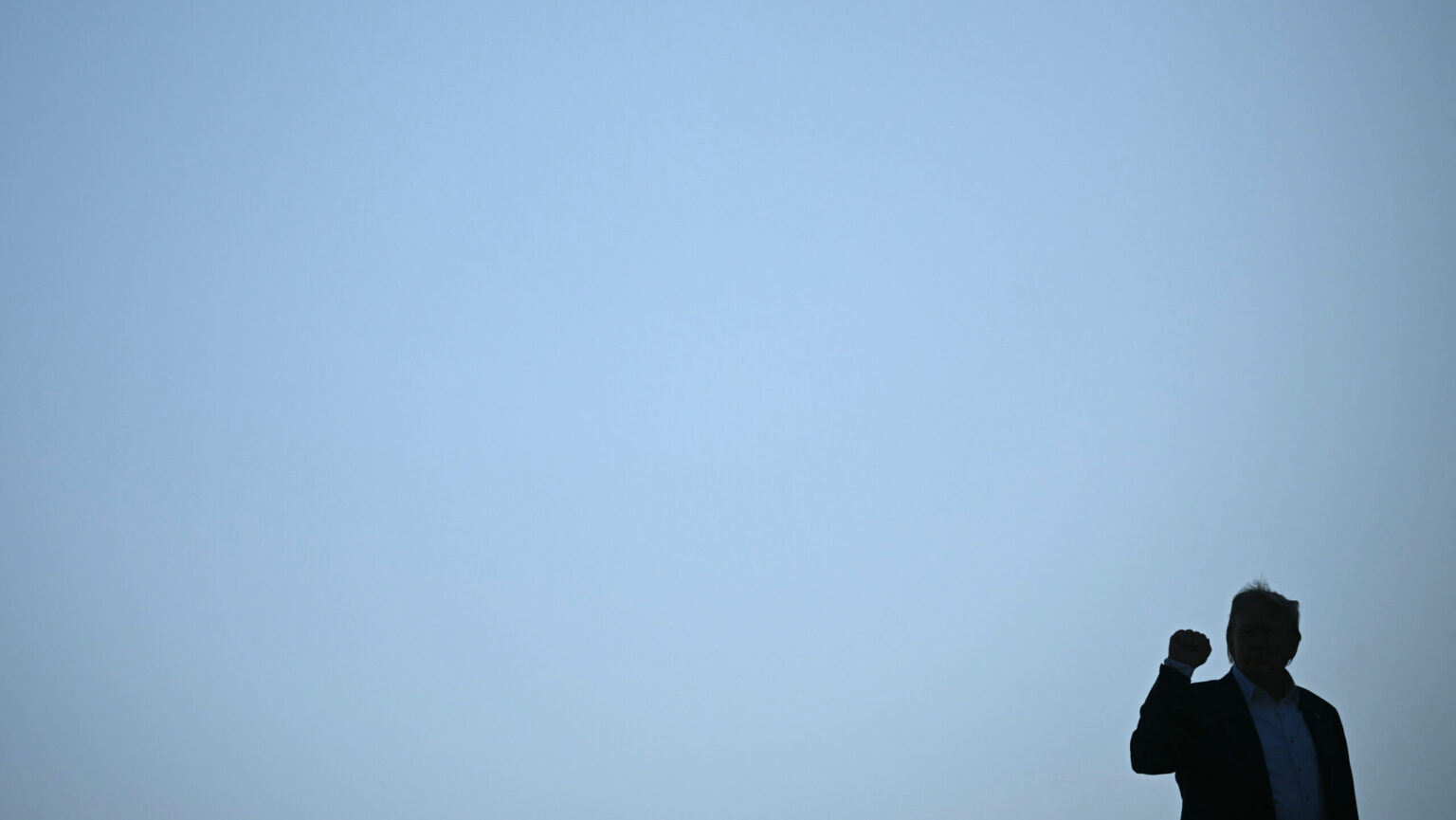
US President Donald Trump will return to the NATO table in just a few hours for the first time since 2019. The summit in The Hague is set to be far from routine for several reasons: member states are expected to approve a 5 per cent defence spending target by 2035. It will also mark the first summit since 2022 not centred on Ukraine, raising questions about Kyiv’s increasingly uncertain future.